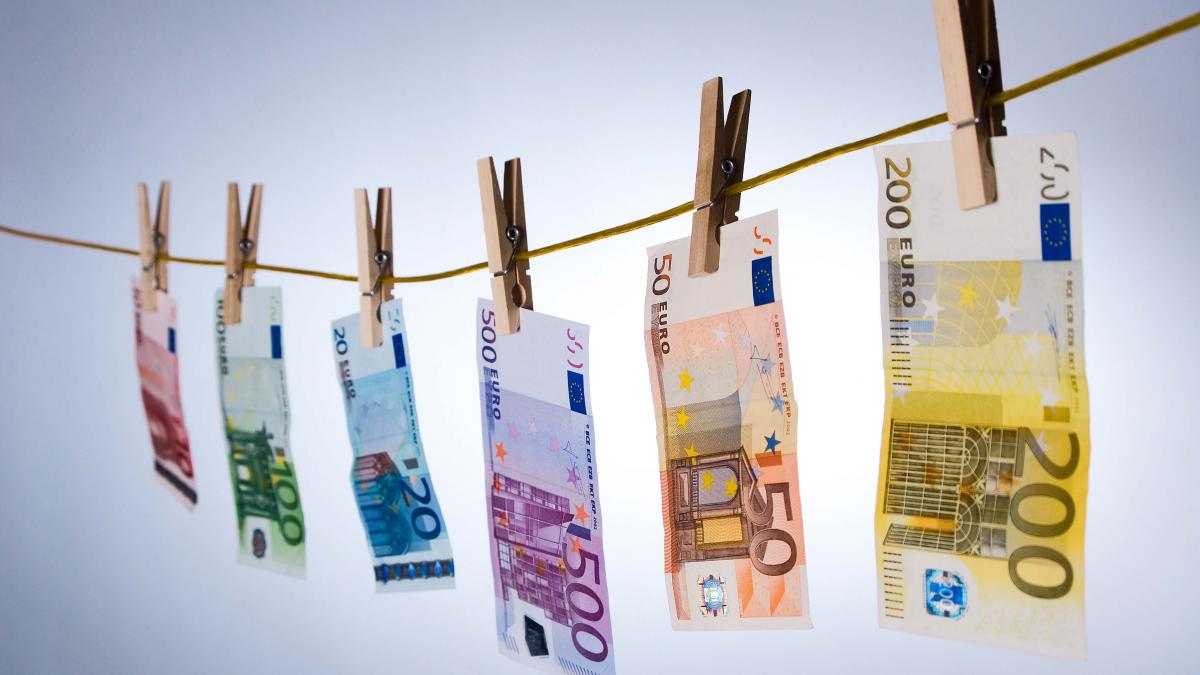Almost 3 000 cross-border money laundering cases have been registered at Eurojust during the past six years. Since 2016, the number of cases brought to the Agency has been steadily rising. Over 600 cases were brought to the Agency in 2021, representing more than double of those registered in 2016.These are some of the findings of Eurojust’s first comprehensive report on money laundering, published on 20 October. Due to its clandestine nature, the global scale of money laundering is difficult to measure, but it is considered to be significant. The United Nations Office on Drugs and Crime (UNODC) estimates that between 2 and 5% of global GDP – up to 1.87 trillion Euros – is laundered each year. This reflects Eurojust’s case statistics that show that money laundering cases accounted for almost 15% of all cases registered at the Agency between 2016 and 2021.
Over the years, Eurojust has developed practical knowledge of the challenges, solutions and best practices that can make a difference when engaging in international judicial cooperation on money laundering cases. These tips are collected in the Eurojust Report on Money Laundering, especially written for national authorities investigating and prosecuting cross-border money laundering cases.
A key challenge in many money laundering cases is identifying the beneficial owner of criminal assets. This is often very difficult because of the use of ‘shell’ companies, or because suspects do not act under their own name to hide the financial trail that would show the money’s illicit origins.
Cryptocurrencies, increasingly misused by criminals to launder their illegal profits, present another challenge for money laundering cases, as they make it difficult to keep track of the assets held by those under investigation. A best practice identified in Eurojust’s report is deploying highly skilled digital evidence experts during house searches to make copies of relevant electronic evidence and access crypto wallets belonging to suspects.
Eurojust’s experience shows other common issues, such as those relating to determining who is considered a victim in a given country, and how to ensure proportionate compensation for all victims when the amount frozen is not enough. In such cases, it can be useful to clarify, via Eurojust, the valid legal basis to freeze funds for restitution to victims.
Some cases show that the tracing of money transfers within the European Union is reasonably manageable, but when cooperation is required from outside the EU it becomes difficult, and sometimes authorities discontinue the pursuit of such cooperation. Here again, Eurojust’s wide network of Contact Points and Liaison Prosecutors can and have been crucial in judicial cooperation with third countries.
All EU Member States were involved in international money laundering cases brought to Eurojust during the last six years, with Italy, France, Spain, Germany and the Netherlands dealing with the largest number of cases. Over 60 third countries were also concerned, with Switzerland, United Kingdom, United States and Ukraine representing the non-EU states most involved.
Eurojust’s money laundering casework shows how the Agency’s legal and practical support has hugely assisted practitioners in finding solutions.
Eurojust organised 600 coordination meetings between concerned national authorities and 33 action days during 2016-2021 (representing one third of all meetings and joint investigation teams facilitated by the Agency). Moreover, Eurojust also established 116 joint investigation teams dedicated to money laundering cases (accounting for one quarter of all joint investigation teams facilitated by the Agency).
Money laundering has received much legislative attention in recent years, including the proposal for an anti-money laundering package published in June 2021. Eurojust will continue to closely follow developments in this field and provide support to practitioners working to bring money launderers to justice.
Source: Eurojust



